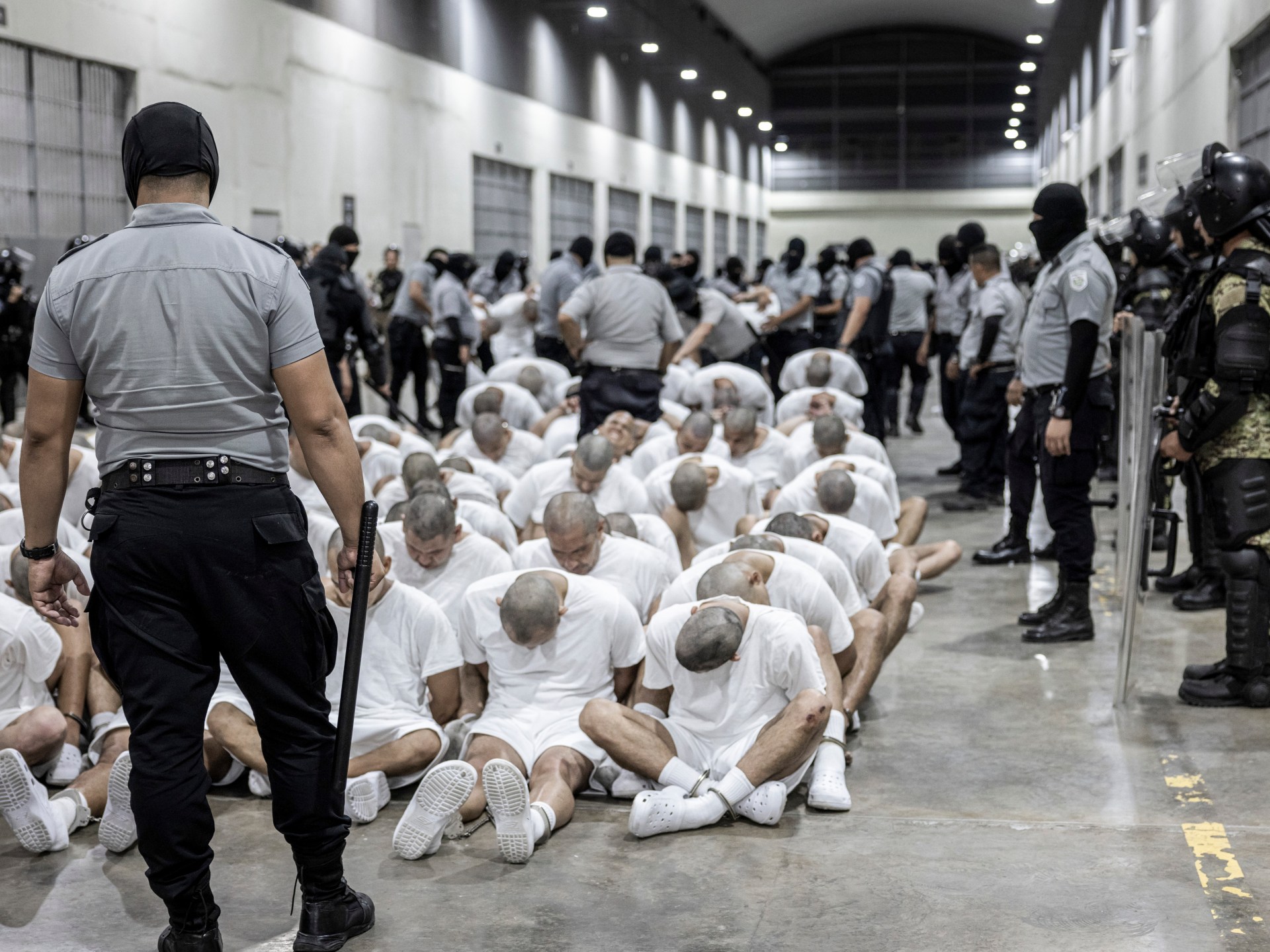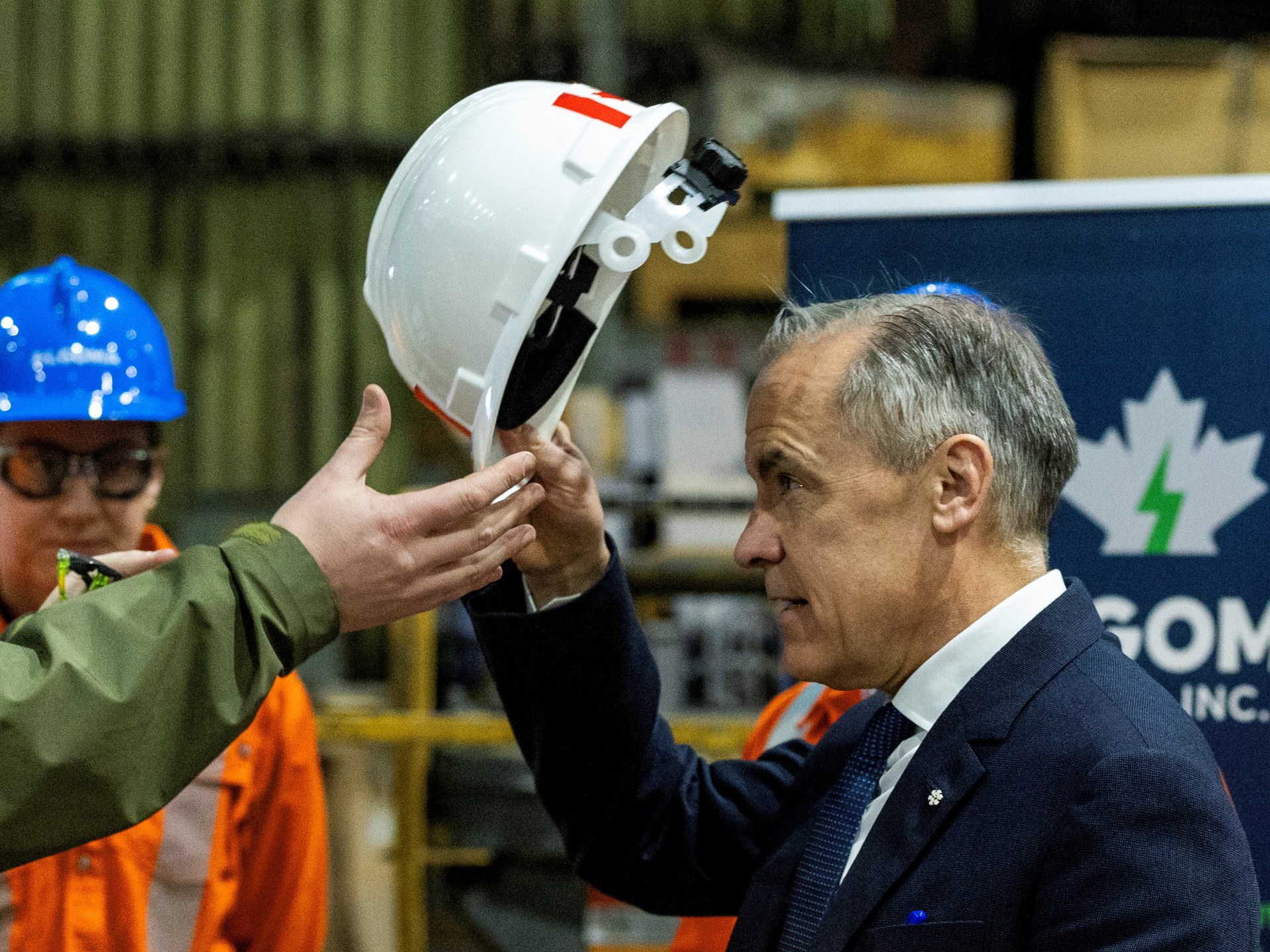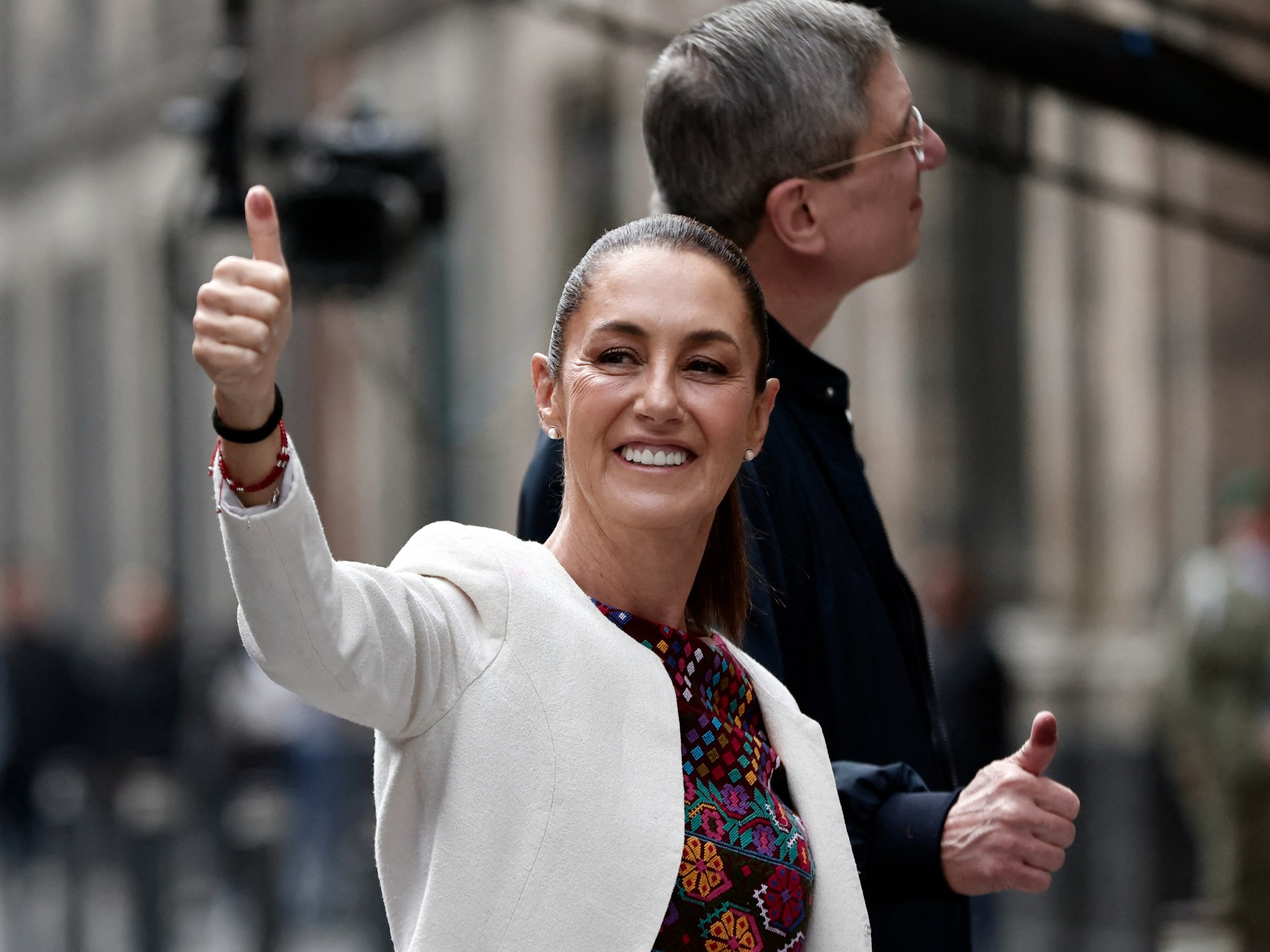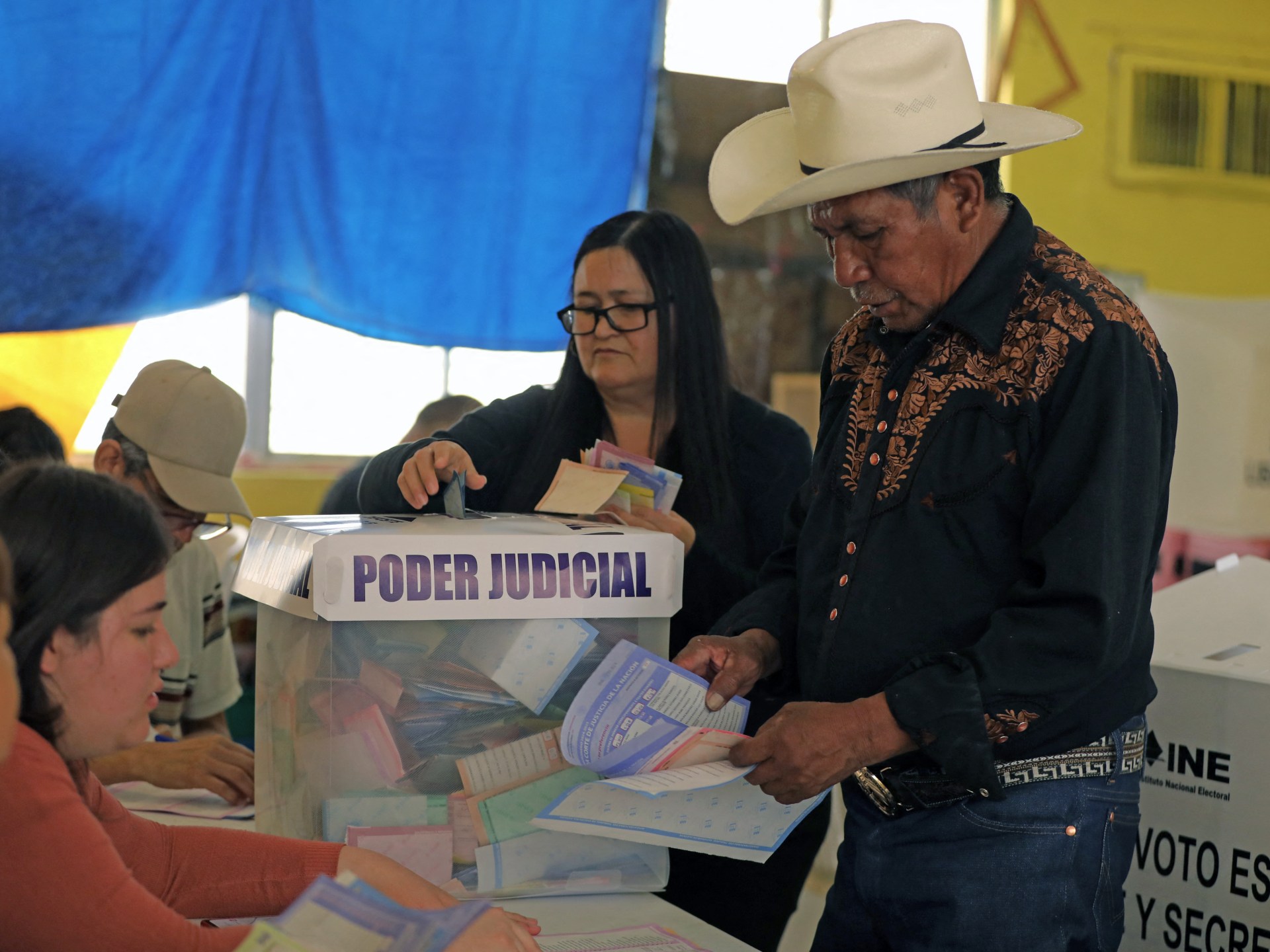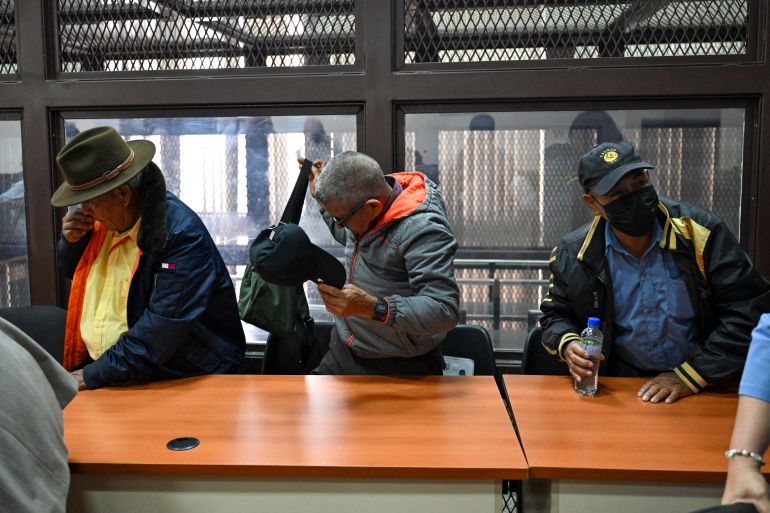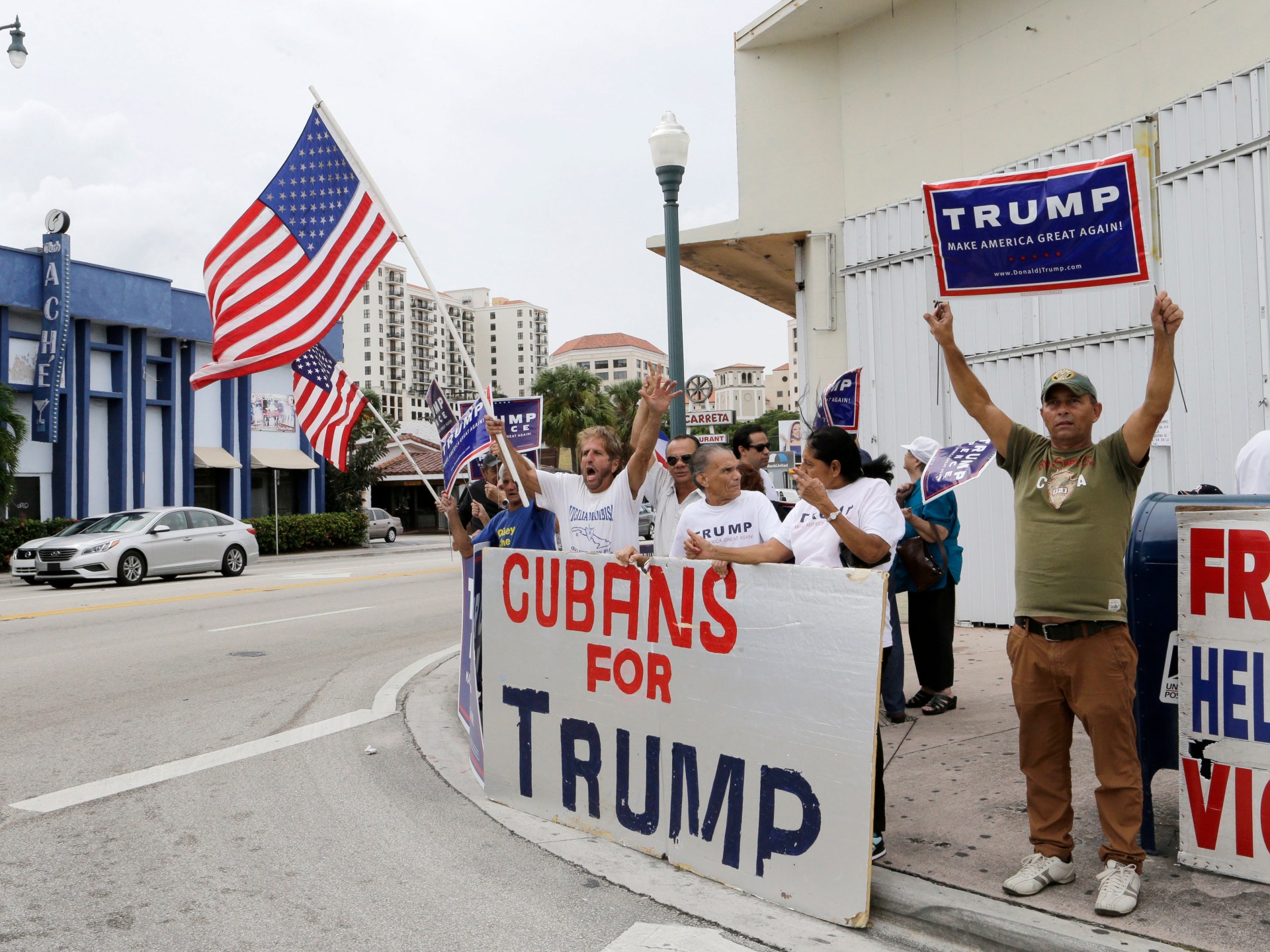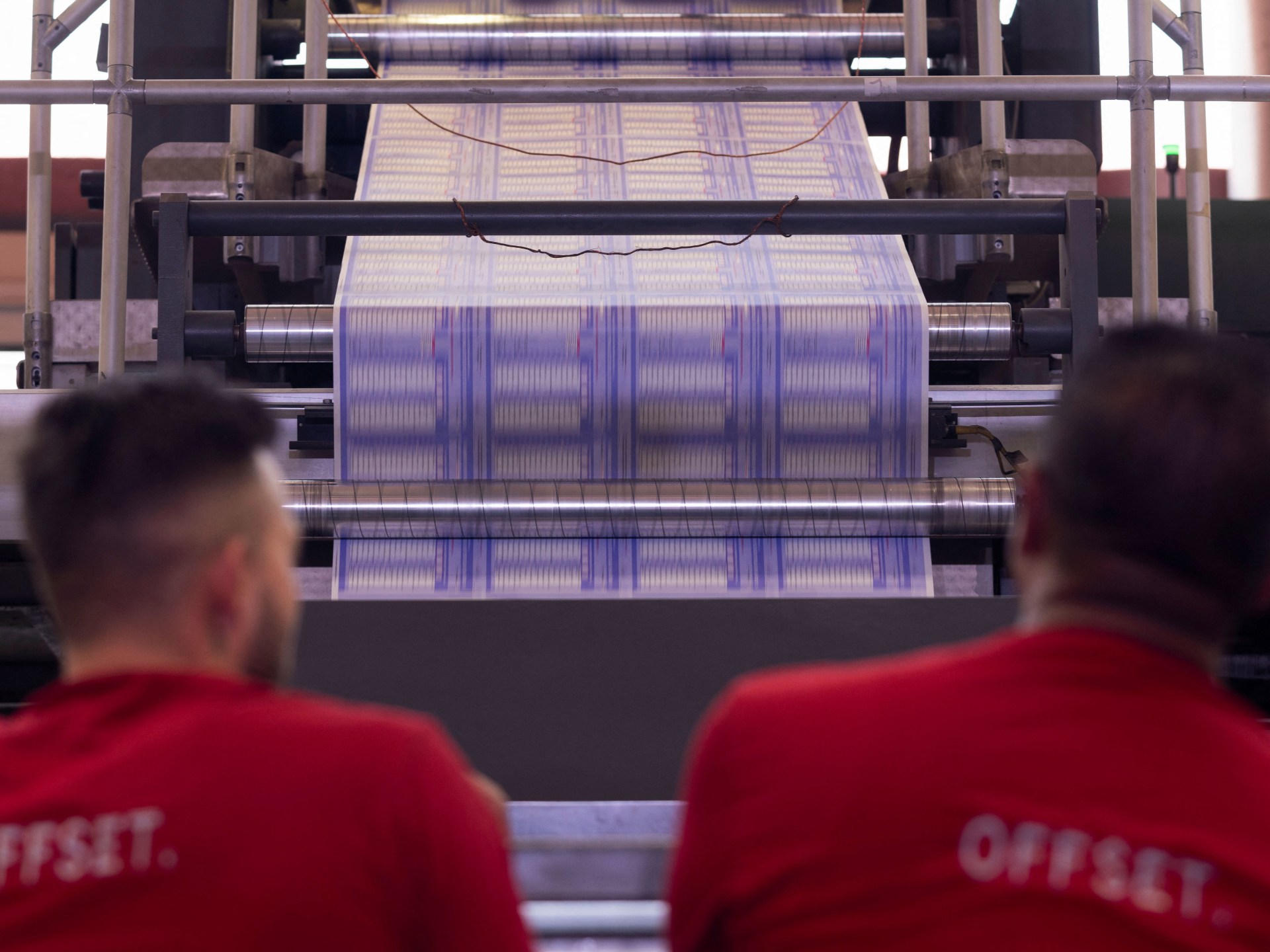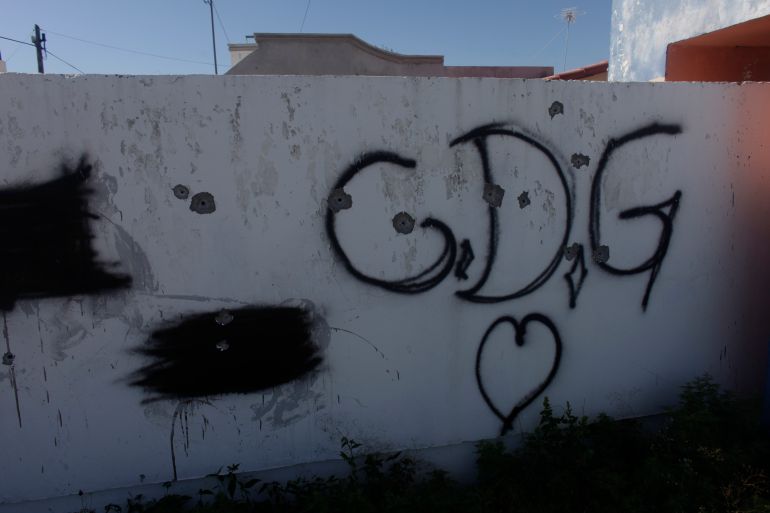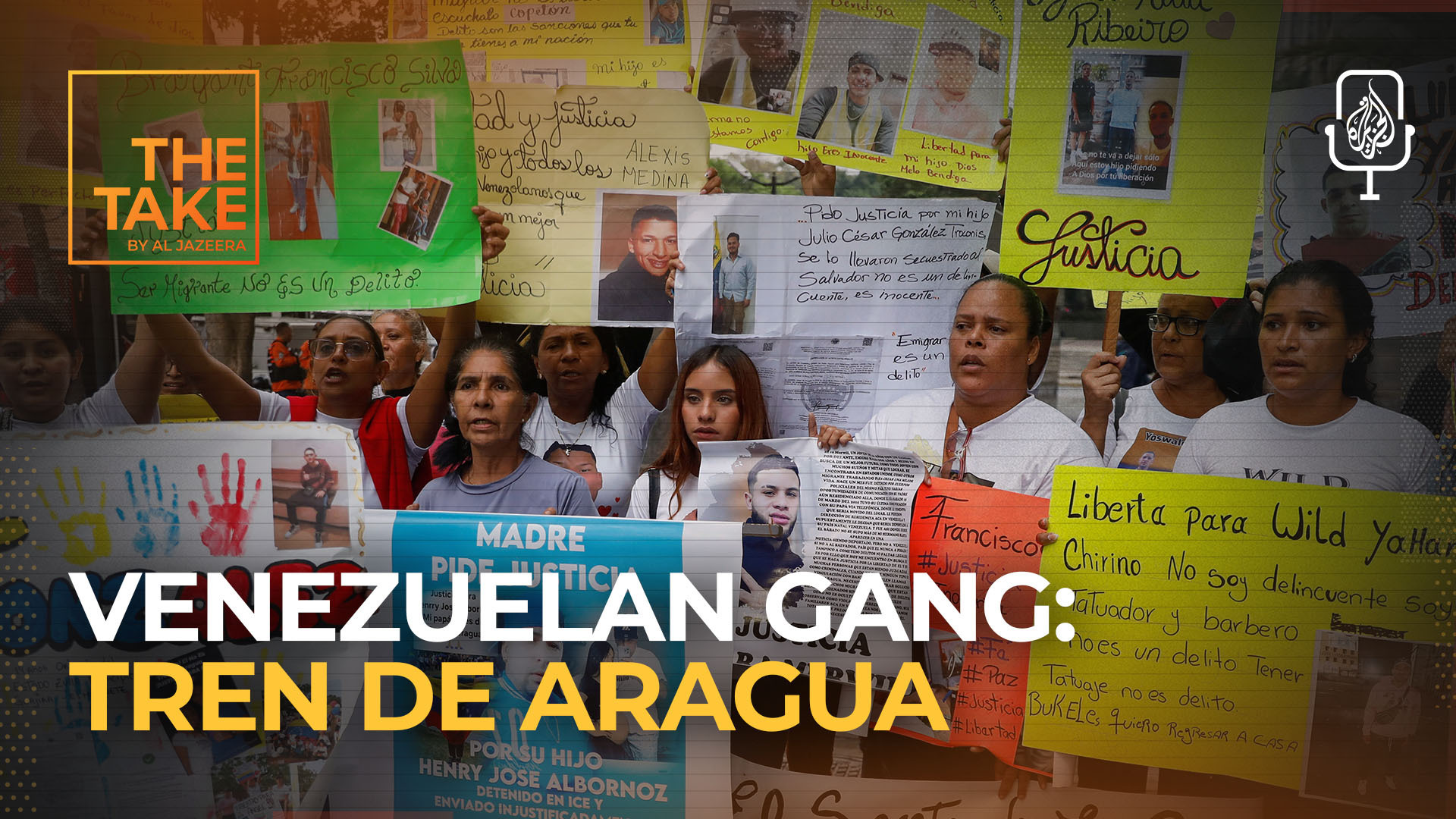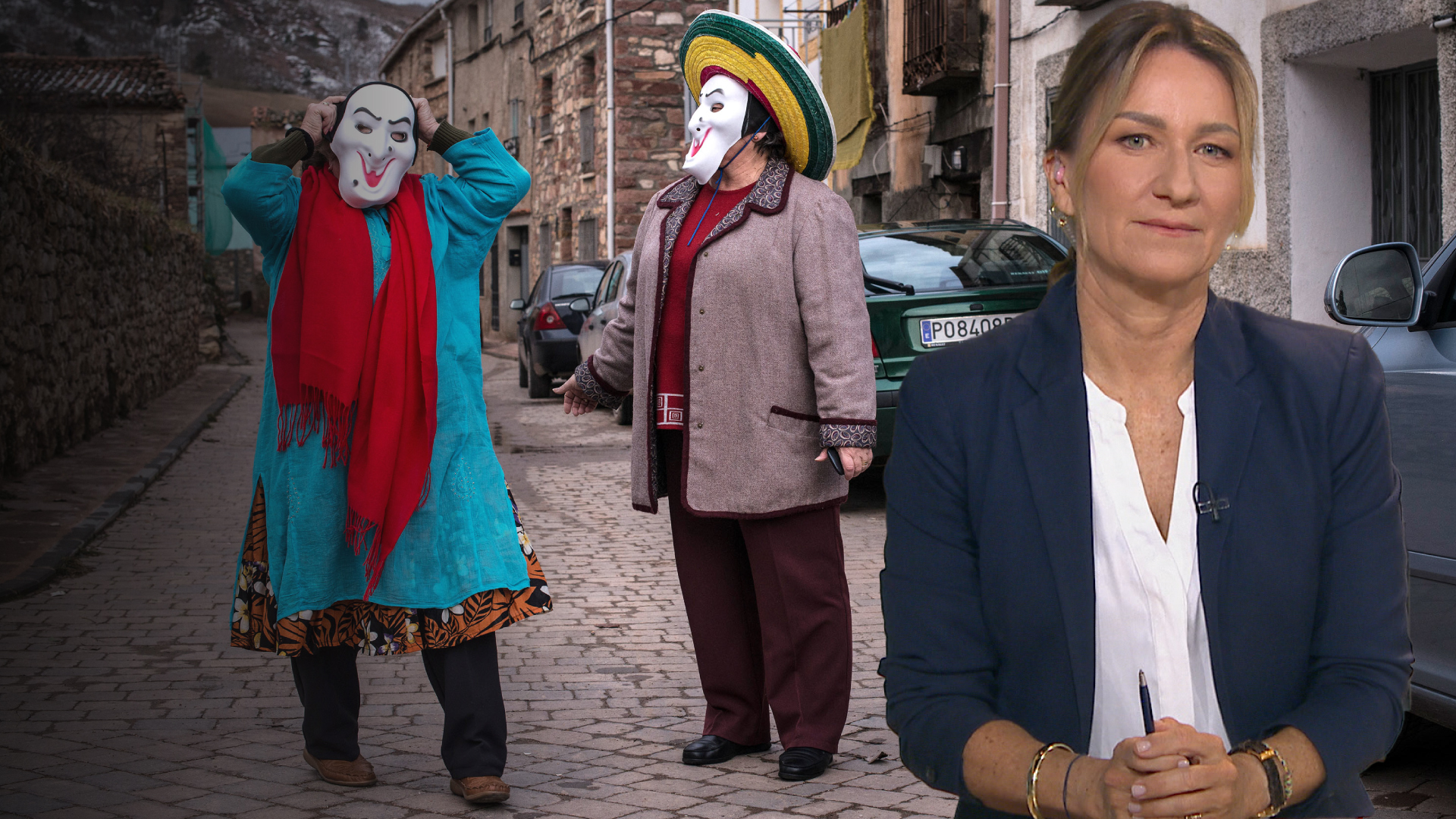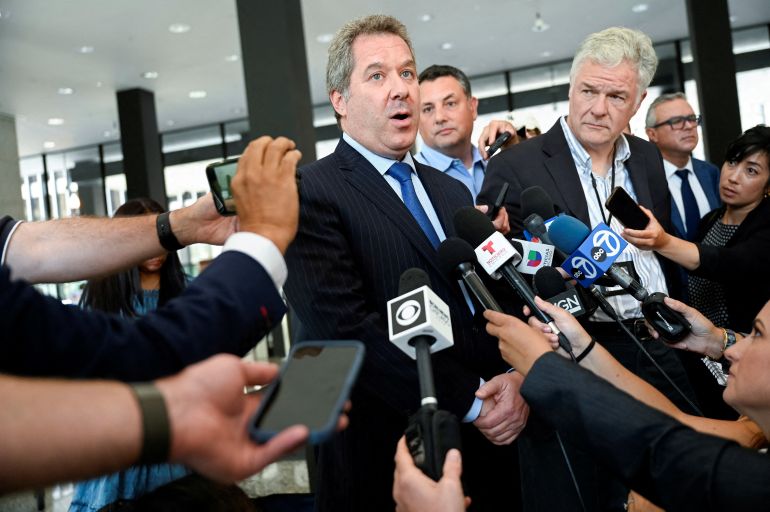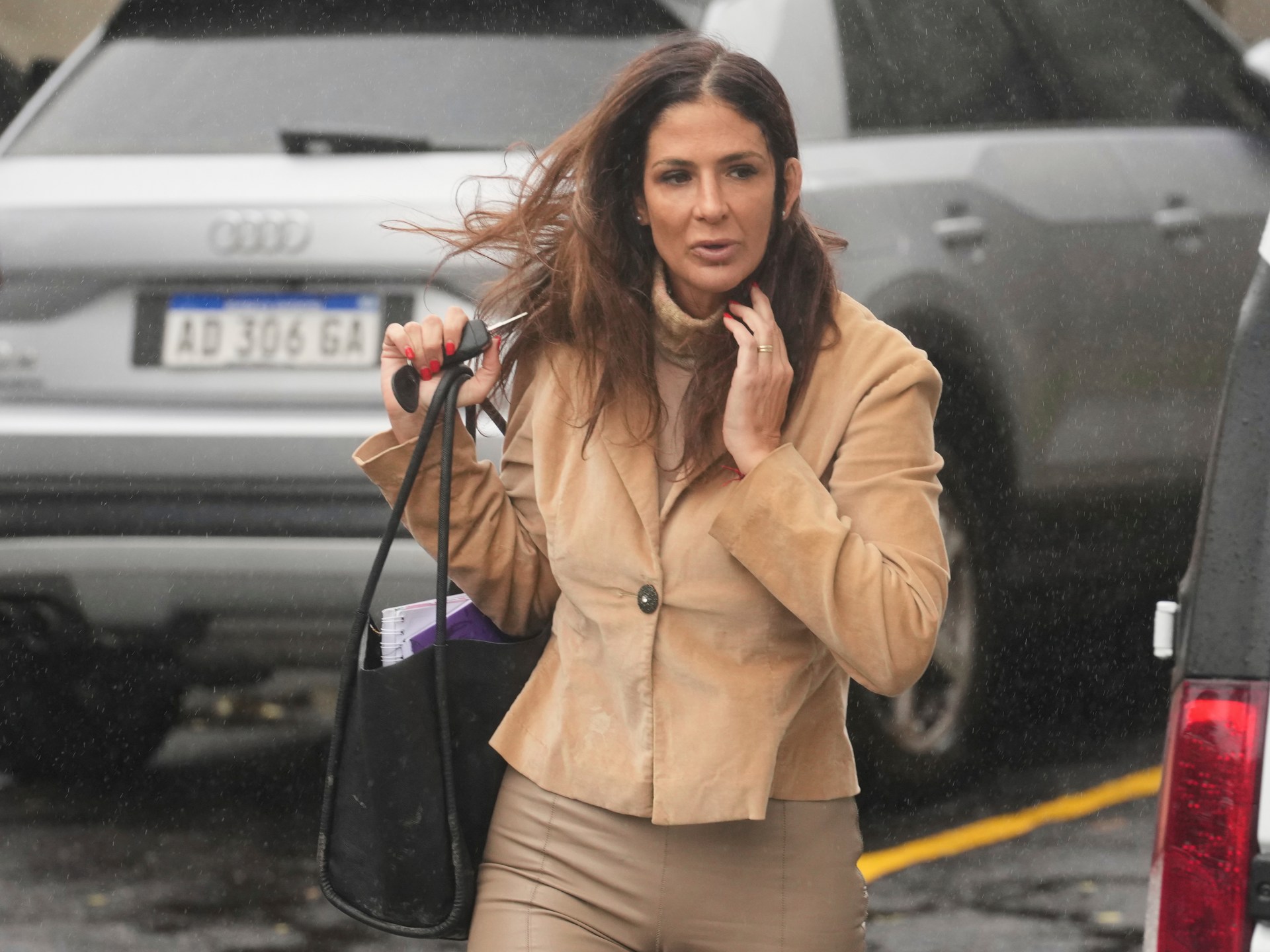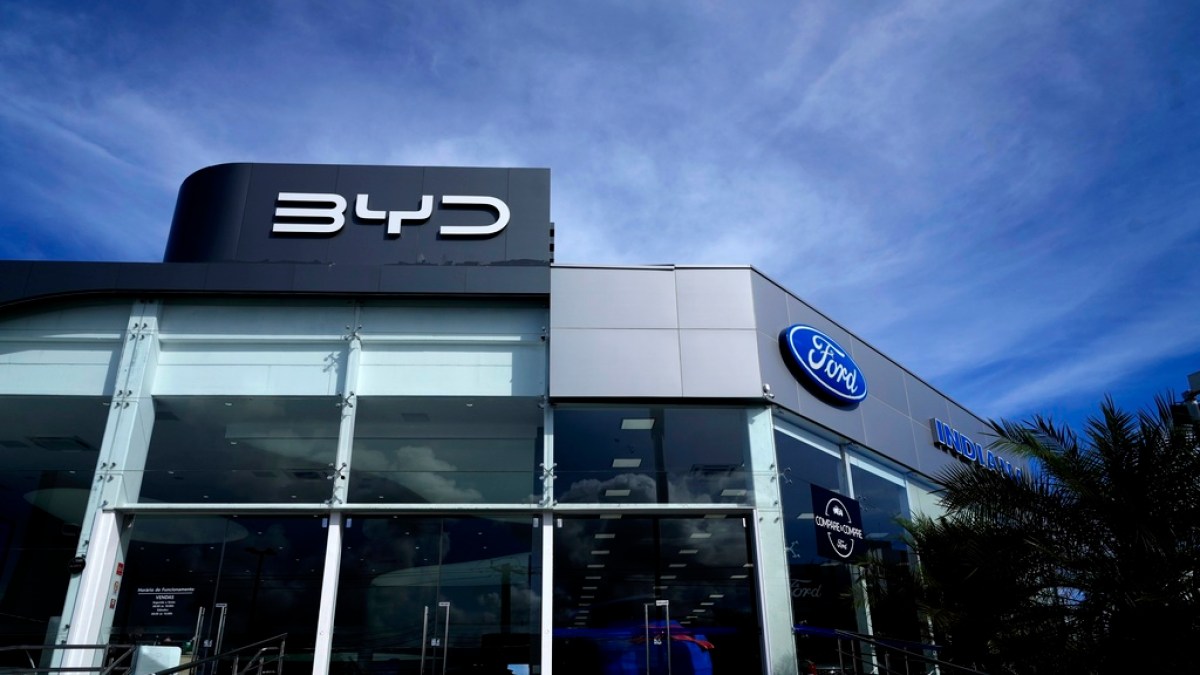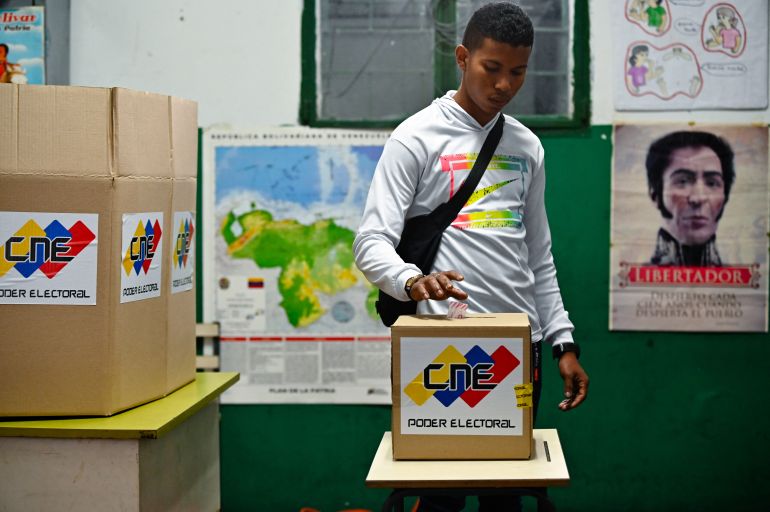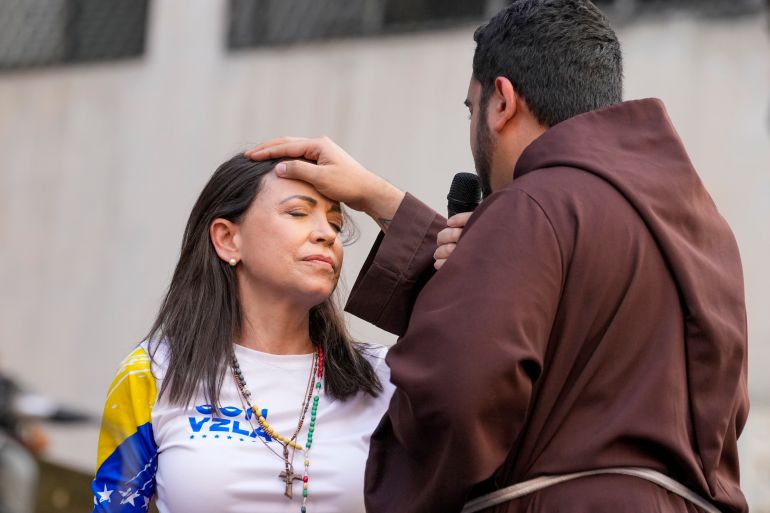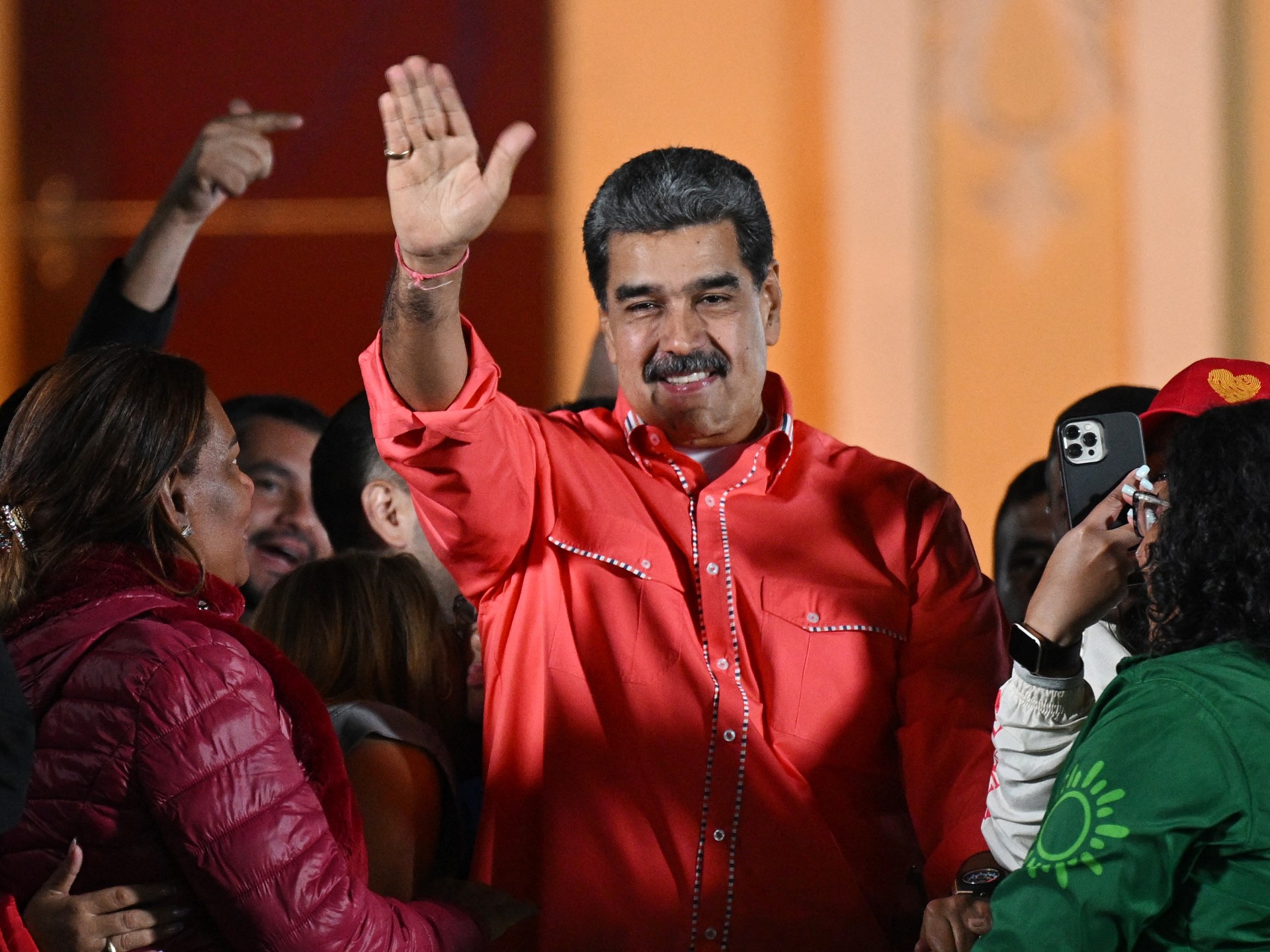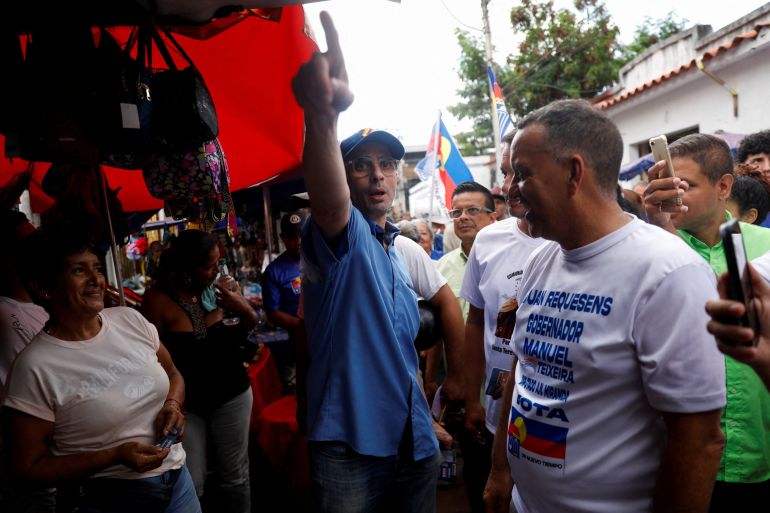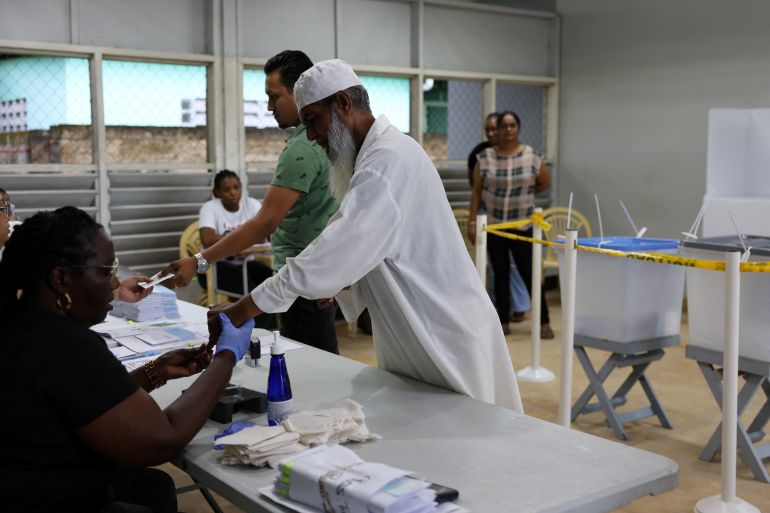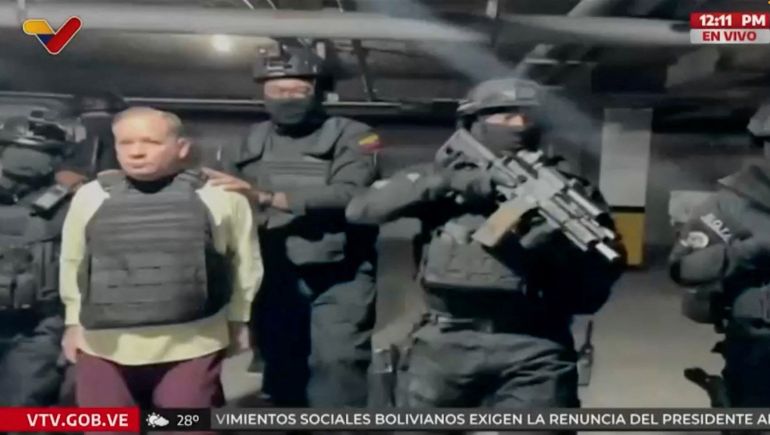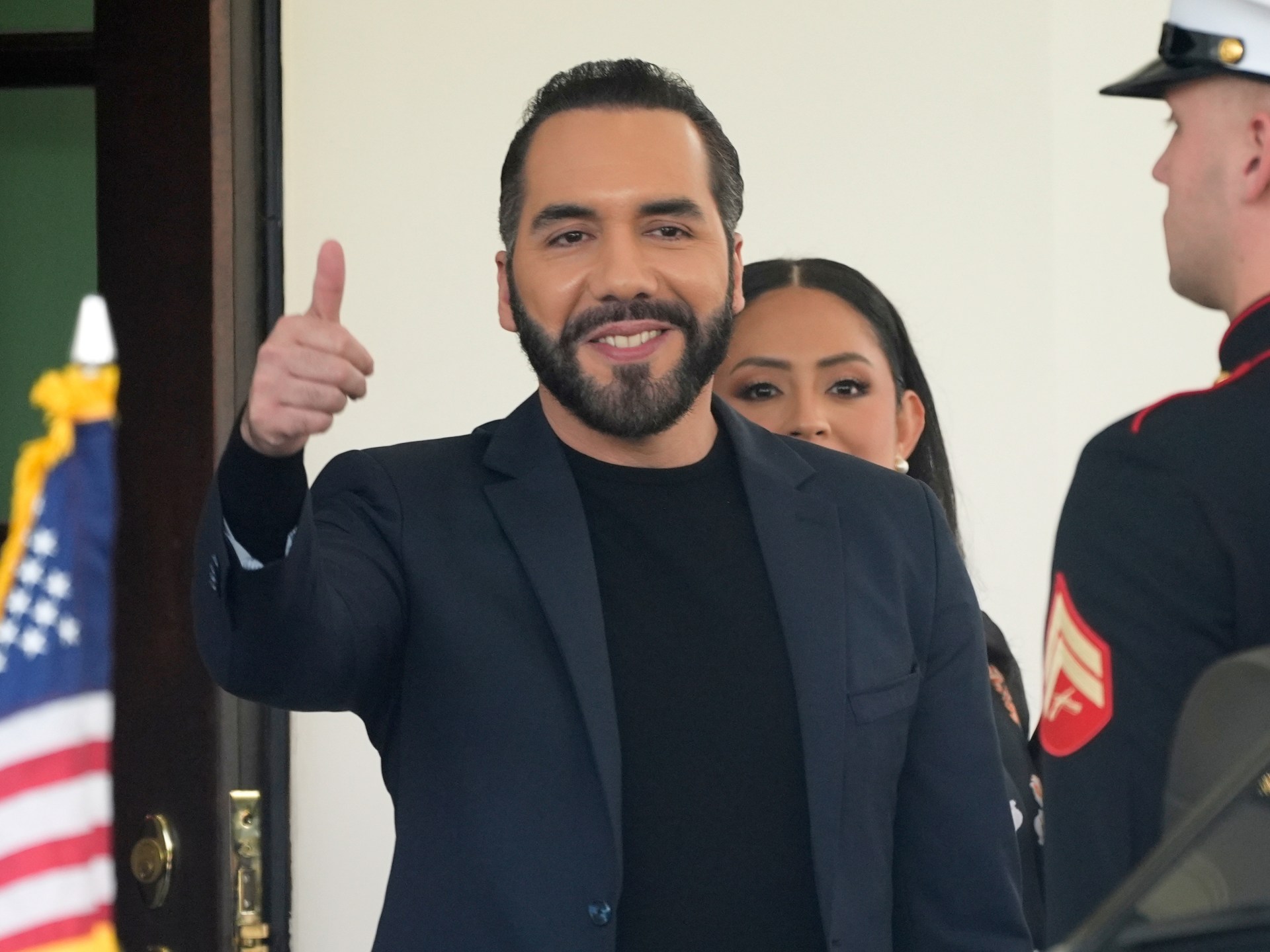Trump must facilitate legal challenges of deported Venezuelans: Judge | Migration News
Ruling says those deported from US under 1798 law have right to challenge their removal and that Trump administration must help.
A federal judge in the United States has ruled that Venezuelan immigrants deported to El Salvador under an obscure 1798 law must be given the chance to challenge their removals and detention.
The ruling on Wednesday by Judge James Boasberg is the latest setback to President Donald Trump’s efforts to use the Alien Enemies Act to quickly expel alleged gang members from the US without due process.
Trump initially invoked the wartime law in March, arguing that the presence of the Tren de Aragua gang in the US represented an invasion.
Trump’s use of the law to fast-track deportations was quickly blocked by Boasberg, but not before two planes carrying 238 deportees had already departed the US for El Salvador. The Trump administration refused the judge’s order to turn the plane around.
Boasberg has since said he has found probable cause to believe the administration committed contempt of court.
Upon landing in El Salvador, the deportees were locked up in El Salvador’s Terrorism Confinement Centre, known as the CECOT prison, as part of a deal with the Trump administration.
In Wednesday’s order, Boasberg wrote that there was “significant evidence” indicating that many of the individuals imprisoned in El Salvador are not connected to Tren de Aragua.
They “thus languish in a foreign prison on flimsy, even frivolous, accusations”, Boasberg said.
Court documents previously indicated that some of the men may have been deported based only on their tattoos or clothing.
Boasberg wrote that the administration “plainly deprived” the immigrants of a chance to challenge their removals before they were put on flights.
He ruled that their cases must now be given the right to be heard before a court, as they “would have been if the Government had not provided constitutionally inadequate process”.
“That process – which was improperly withheld – must now be afforded to them,” Boasberg wrote. “Absent this relief, the government could snatch anyone off the street, turn him over to a foreign country, and then effectively foreclose any corrective course of action.”
The ruling did not expressly order the Trump administration to return the deported people to the US.
The US Supreme Court previously ruled that people deported under the Alien Enemies Act must be given a chance to challenge their removal, and it paused certain planned deportations that would have been conducted using the law.
A case currently being heard by the Fifth Circuit Court of Appeals is expected to eventually make its way to the top court for a final decision.
Until then, various challenges have played out in lower courts, with three federal judges in New York, Texas and Colorado having so far ruled that Trump’s use of the Alien Enemies Act is illegal. A fourth federal judge, in Pennsylvania, has ruled that Trump was within his powers to invoke the law.
Trump campaigned on a pledge to conduct a mass deportation of “criminal” non-citizens living in the US, but his efforts have been hampered by legal challenges and backlogged immigration courts.
Immigration advocates say that has led the administration to seek various means of fast-tracking deportations, including by circumventing due process.
